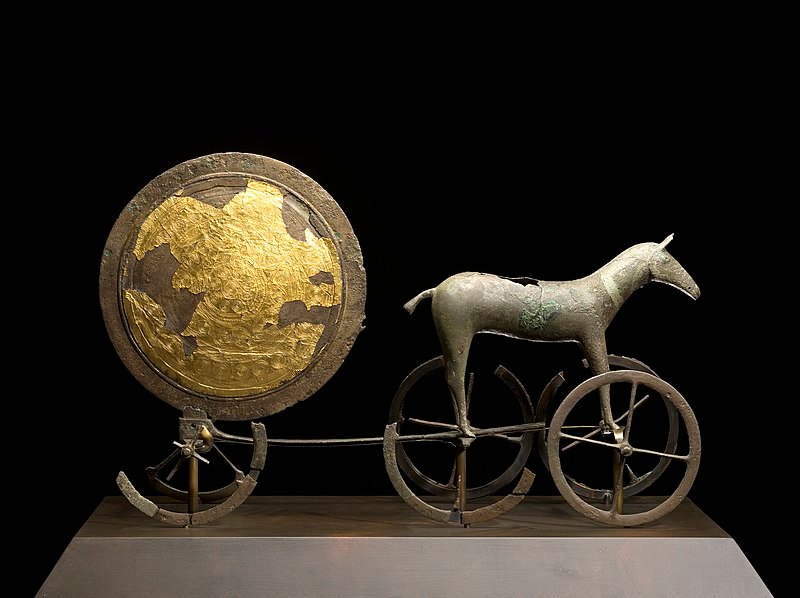
Religion has been a fundamental aspect of human civilization for centuries, shaping societies, influencing cultures, and providing individuals with a sense of purpose and meaning. With a multitude of religions practiced around the world, each with its own unique beliefs, rituals, and traditions, it can be challenging to understand the complexities and nuances of these diverse faith systems. In this blog post, we will explore the concept of decrypting religions, delving into the various factors that contribute to their formation and evolution.
The Origins of Religions
Religions often have their roots in ancient beliefs and mythologies that were passed down through generations. They originated as attempts to explain the mysteries of the natural world, the creation of the universe, and the purpose of human existence. Over time, these beliefs evolved into organized systems of faith, with religious leaders and institutions guiding their followers in matters of spirituality, morality, and ethics.
Interpreting Sacred Texts
One of the key aspects of decrypting religions is understanding the role of sacred texts. These texts, such as the Bible, the Quran, or the Vedas, serve as the foundation of religious teachings and provide guidance for believers. However, interpreting these texts can be a complex and subjective process. Different religious denominations or sects may have varying interpretations of the same text, leading to diverse practices and beliefs within a single religion.
Cultural and Societal Influences
Religions are not isolated entities; they are deeply intertwined with the cultures and societies in which they emerge. Cultural and societal norms, values, and traditions often shape religious practices and beliefs. For example, certain religions may have specific rituals or ceremonies that are unique to a particular culture or region. Additionally, religions can be influenced by political, economic, and social factors, adapting and evolving to meet the changing needs and demands of their followers.
Religion and Identity
Religion plays a significant role in shaping individual and group identities. It provides a framework for understanding one’s place in the world, defining moral values, and establishing a sense of belonging. People often find solace, purpose, and a sense of community within their religious beliefs and practices. However, it is essential to recognize that religious identity is not static; it can evolve and change over time as individuals engage in personal reflection and exploration.
The Diversity of Religions
It is crucial to acknowledge and appreciate the diversity of religions that exist worldwide. Each religion offers a unique perspective on life, spirituality, and the human experience. By embracing this diversity, we can foster interfaith dialogue, promote tolerance, and develop a deeper understanding of our fellow human beings.
Conclusion
Decrypting religions involves unraveling the intricate tapestry of beliefs, practices, and cultural influences that shape these faith systems. By studying the origins, interpreting sacred texts, considering cultural and societal influences, and recognizing the diversity of religions, we can gain a more comprehensive understanding of the role that religion plays in our world. It is through this understanding that we can foster mutual respect, empathy, and harmony among individuals of different religious backgrounds.
RELATED POSTS
View all


